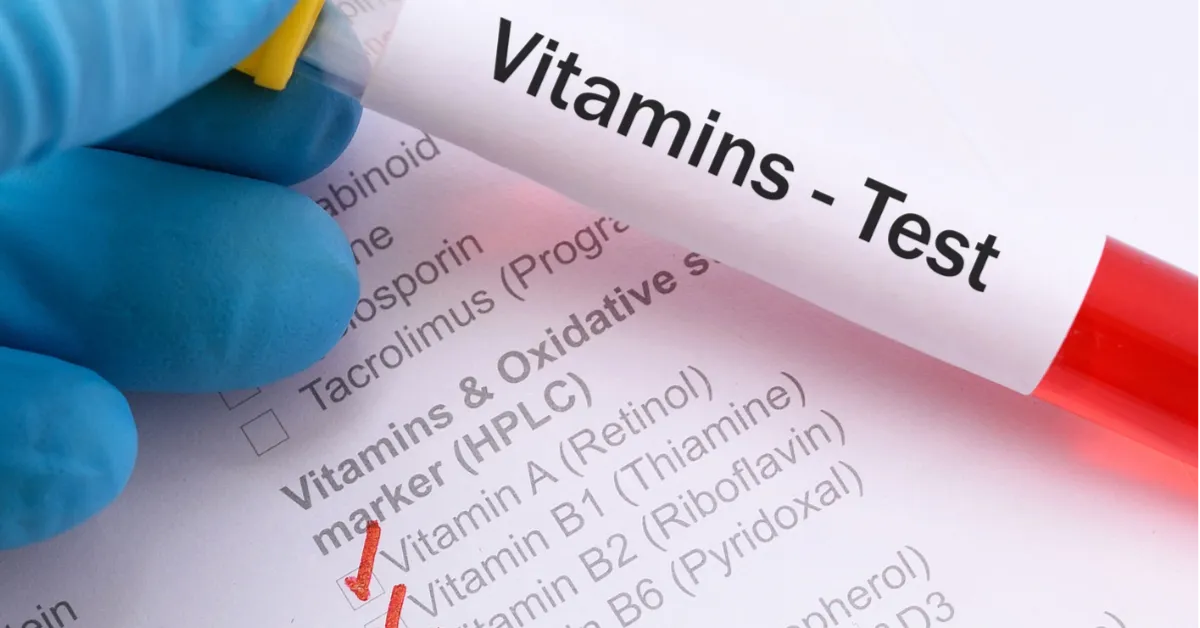CLSI M63 Vitamin D Assay in Human and Animal Food Samples
The CLSI (formerly known as NCCLS) M63 guideline provides a standardized method for measuring vitamin D levels in human and animal food samples. This assay is essential for ensuring the accuracy, precision, and reproducibility of vitamin D content measurements across different laboratories.
Vitamin D plays a critical role in bone health, immune function, and calcium absorption. Ensuring that human and animal food products contain appropriate levels of this nutrient is crucial for maintaining public health standards. The CLSI M63 method allows laboratories to measure the concentration of vitamin D (both 25-hydroxyvitamin D [25(OH)D] and calcidiol) in various types of foods, including dairy products, cereals, infant formulas, and animal feeds.
The assay involves several key steps. Initially, food samples are prepared by homogenizing and extracting the vitamin D content using appropriate solvents. The extracted components are then analyzed using high-performance liquid chromatography (HPLC) or liquid chromatography-tandem mass spectrometry (LC-MS/MS). These techniques provide precise quantification of vitamin D metabolites, ensuring reliable results.
The CLSI M63 method is widely recognized and accepted by regulatory bodies worldwide. It ensures that laboratories can consistently measure vitamin D levels in food samples with high accuracy and reliability. This standardization is particularly important for compliance with international regulations governing food safety and nutritional content.
Compliance with this assay helps manufacturers ensure product consistency, meets regulatory requirements, and provides accurate information to consumers about the vitamin D content of their products. For quality managers and R&D engineers involved in the development or production of human and animal food products, this standard is indispensable for maintaining high-quality standards and ensuring compliance with international health guidelines.
The CLSI M63 method has been validated against multiple international standards, including ISO 15189 and IEC 62709. These validations ensure that the assay results are comparable across different laboratories and regions, enhancing confidence in the accuracy of vitamin D measurements.
Applied Standards
The CLSI M63 Vitamin D Assay is based on several internationally recognized standards:
- CLSI M63: Standard Method for Measurement of 25-Hydroxyvitamin D in Human and Animal Food Samples.
- ISO 15189: International standard for quality management systems required for the competence of medical laboratories.
- IEC 62709: Standard for the performance requirements for vitamin D assays.
These standards ensure that the assay is validated, reliable, and meets international quality control criteria. Compliance with these standards enhances the credibility and acceptance of test results in both domestic and international markets.
The method described by CLSI M63 is designed to be flexible enough to accommodate various types of food samples while maintaining precision and accuracy. Laboratories that follow this protocol can ensure consistent and reproducible results, which are essential for regulatory compliance and consumer trust.
Why Choose This Test
The CLSI M63 Vitamin D Assay is an indispensable tool for laboratories seeking to measure vitamin D content in human and animal food samples accurately. Here’s why this test should be a priority:
- Regulatory Compliance: Ensures adherence to international standards, including those set by the FDA, EU, and other regulatory bodies.
- Precision and Accuracy: The CLSI M63 protocol provides precise quantification of vitamin D metabolites, ensuring reliable results.
- Standardization: This assay standardizes methods across laboratories, enhancing comparability and consistency in test results.
- Consumer Trust: Accurate vitamin D content measurement builds trust with consumers by providing consistent product quality.
- Ethical Responsibility <|im_start|><|im_start|>rawid MediaTek





